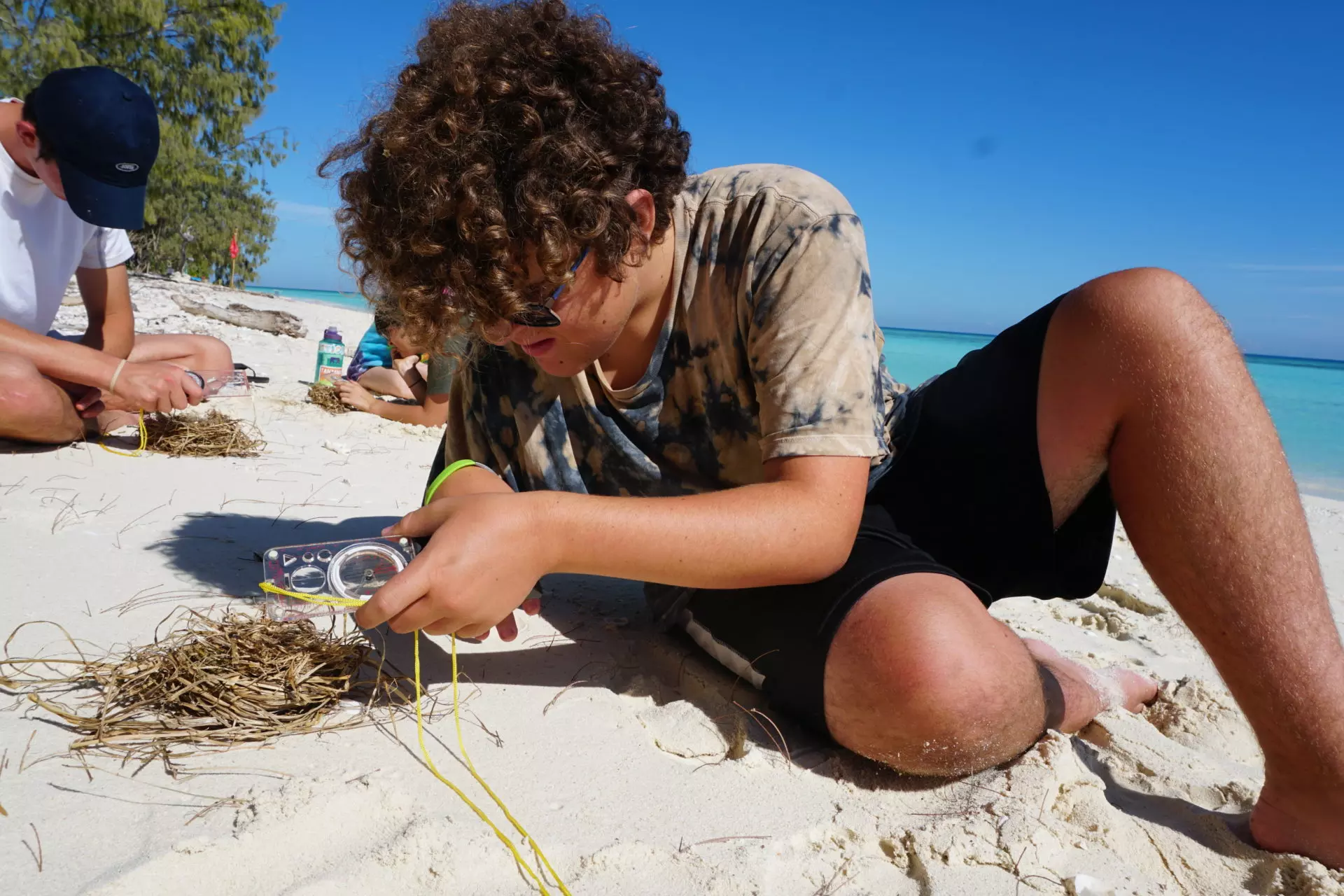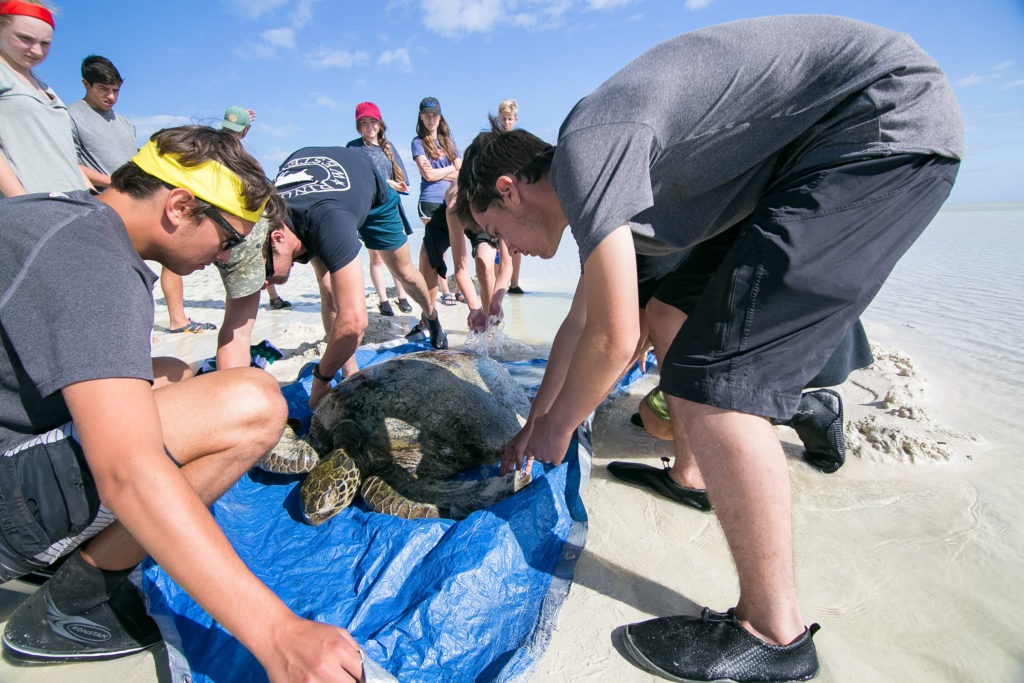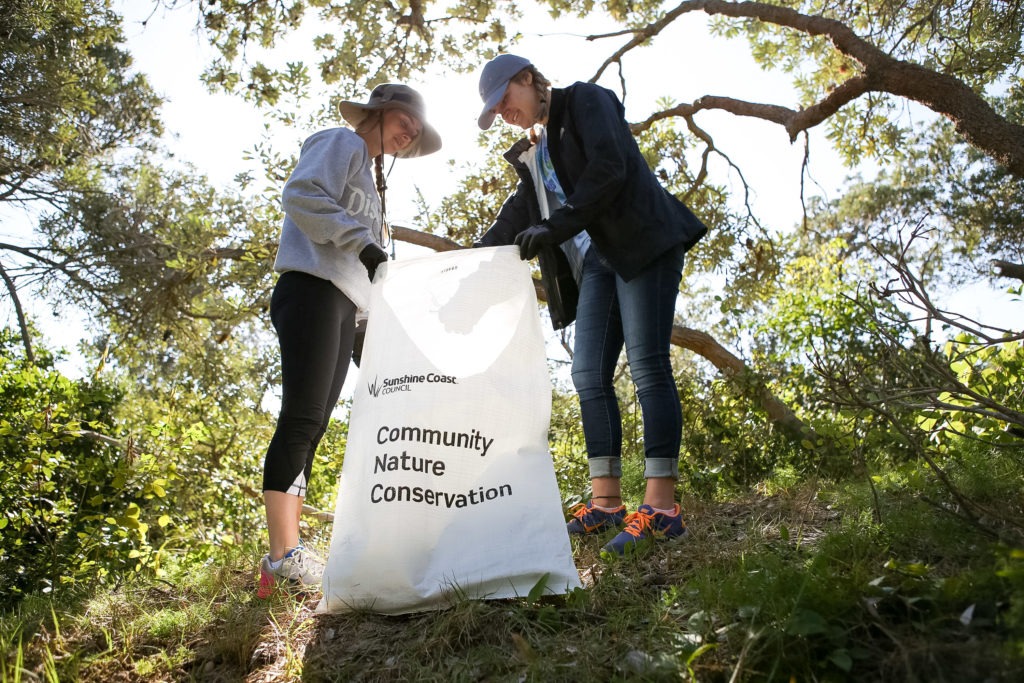Course Director, Kaycie Lawson discusses the importance of observation in environmental science. Kaycie has a Ph.D. in Environmental Sciences from the University of Virginia and a B.S. in Environmental Engineering from Northwestern University. Her nearly 20 year career working in environmental science has taken her to places around the globe.
“In the distant future I see open fields for far more important researches” Darwin 1859
In the years since this statement was published, those researches have produced scientific understanding that the author, Charles Darwin, could not have imagined. Yet, leaps in science within the fields of genetics, and geology, for example, only highlight the brilliance and continued relevance of Darwin’s magnificent work. Although Darwin is, inarguably, one of the towering giants of historical scientists, his path to science eminence is unassuming. As a young man, Darwin, like his father, began training to become a physician. However, he had no passion for this learning. In fact, he was known for skipping his medical school courses in favor of spending time outdoors, pursuing his true passion for natural history.
After this unsuccessful stint at university, he enrolled at Cambridge to become an Anglican priest. Here, Darwin was fortunate to have had outstanding naturalists for lecturers who allowed him to accompany them on their field excursions. Through these relationships, Darwin developed and practiced his skills in observation and scientific inquiry. In Professor John Henslow, in particular, Darwin found a like-minded friend. Together, the two often explored nature to observe rare plants and animals. It is through this friendship that Darwin gained the opportunity to join the crew of the Beagle as an unpaid naturalist. On this, now famous, five year journey exploring the South American coastlines, Darwin, was able to fully immerse himself in the things that fed his passion and curiosity most. He quickly became fascinated with the places he visited and the odd plants, animals, and curious birds that lived there.
Darwin, immersed in traveling to locations, so different from his homeland, made detailed observations about the land and habitats throughout much of the Southern Hemisphere, as well as the flora and fauna they contained. Throughout his time aboard the Beagle, Darwin observed small differences between members of the same species depending upon where they lived. These observations led Darwin to consider that not only could species change, which was, in itself contrary to Victorian-era adherence to creationism, but that changes were driven entirely by environmental factors, and not, divine intervention. Over the next 20 years, Darwin would publish other works while building the case for his theory of evolution. All of his observations eventually landed in his work On the Origin of Species, first published in 1859.
Humans are born learners. We all, inherently strive to learn what interests us, using what resources and materials we can find. Our learning is driven by curiosity. We are naturally attuned to take in information that feeds our curiosity and satisfies our practical needs. If curiosity and need are the raw materials of science, observation is what forms and molds science. Observation is something we, as living beings, do instinctively as we see, hear, feel, taste and smell the world around us.
Humans are born learners. We all inherently strive to learn what interests us, using what resources and materials we can find.
Ecologist Paul Dayton (2011) once said, “there is simply no substitute for actually experiencing nature, to see, smell, and listen to the integrated pattern that nature offers an open mind.” Traditional school learning often must operate outside of this natural learning process. Typical science students, for example, read texts to learn of famous discoveries and those that made them. This experience removes the process of discovery from the learning. In this way, science is placed in something like the proverbial black box, and students don’t get to see how it works.
The truth is that scientists are just like the rest of us. Science is process that is practiced by curious humans. When we practice science in the field, we allow learners to build the conceptual and technical foundation of learning for the natural science disciplines. Students in an immersive setting, experience issues such as losses of biodiversity, ecosystem decline from climate change, and the spread of invasive species in the environment in which they occur. The experience of connecting scientific understanding with observations in the real world transforms abstract concepts into realities. This experience is not limited to the natural environment, but extends to the cultural and social realities of place in which field studies occur.
Darwin developed one of the most important works of science in history. That work was made possible because he was allowed to immerse himself in the natural world, where he could practice his observational skills, and engage in his passion and curiosity for the natural world.
If Charles Darwin were allowed to come into a science classroom today, he’d certainly be excited to hear of what the class was studying, what questions they were asking, and how they were investigating those questions. However, he might also be shocked to find out that students may not leave the classroom for those studies. Darwin developed one of the most important works of science in history. That work was made possible because he was allowed to immerse himself in the natural world, where he could practice his observational skills, and engage in his passion and curiosity for the natural world. Students studying science with Verto Education will be immersed in the natural world, so that, like Darwin, they will gain the opportunity to have the natural world work on them. They will see, hear, touch, and smell the natural environment as they make and document scientific observations. They will be allowed to ask questions and seek their own path of inquiry to explore those questions. In short, Verto students will be allowed to be curious about nature, and maybe, someday, future students around the globe will seek to learn about the field experience that led to their far more important researches.
Darwin, C., 1859, On the Origin of Species by Means of Natural Selection, or the Preservation of Favoured Races in the Struggle for Life (1st ed.), London: John Murray
Dayton P., 2011. The grounding of a marine biologist. Pages 65–80 in Fleischner TL, ed. The Way of Natural History. Trinity University Press.



